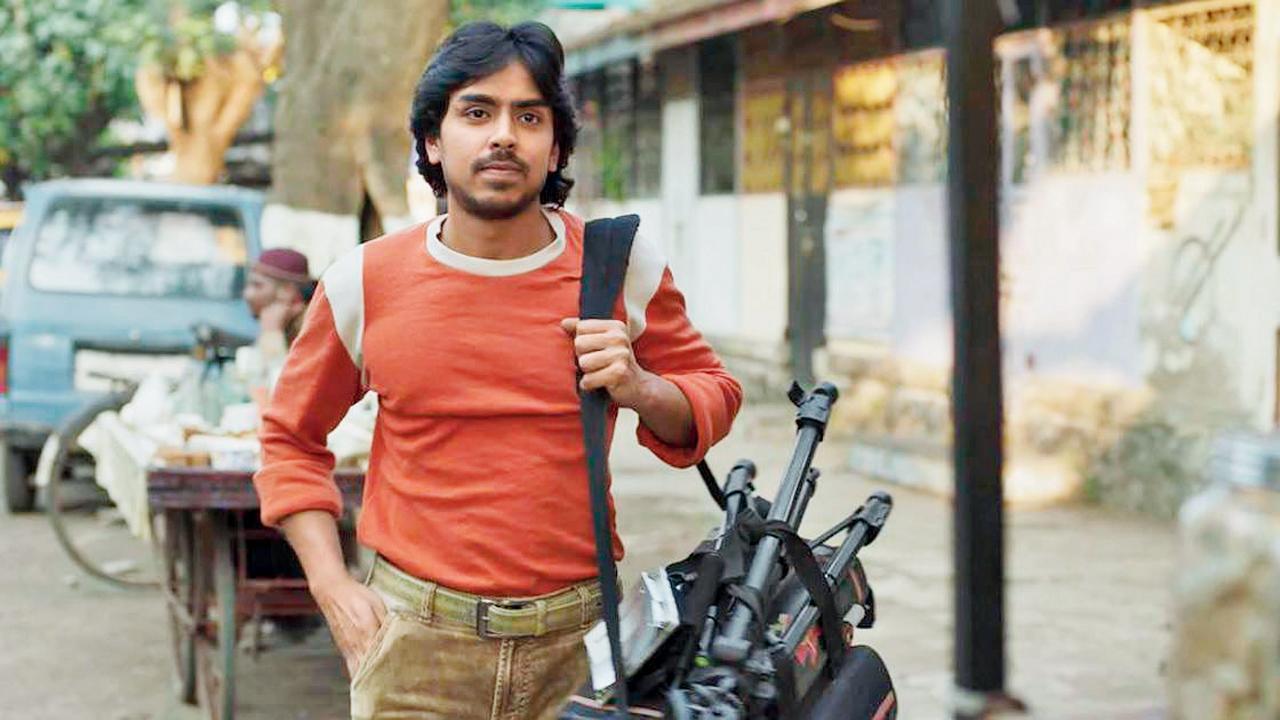Director Reema Kagti says she made Superboys of Malegaon, despite a documentary on Nasir Shaikh’s filmmaking journey already existing, as his love for movies deeply resonated with her

Adarsh Gourav plays Nasir Shaikh in the film
In a way, the trigger for Reema Kagti and Nasir Shaikh’s journeys was the same. The filmmaker-writer grew up in the tiny village of Borhapjan in Assam, and Shaikh in Malegaon, Maharashtra. But both believed that their true place was in the vibrant world of movies. That’s why Kagti’s latest directorial venture, Superboys of Malegaon—which chronicles the story of Shaikh, who made low-budget films with and for the people of his town, creating a filmmaking culture unique to Malegaon—feels personal to her.
ADVERTISEMENT

Reema Kagti
“Nasir and I are film-crazy people, who grew up in small towns. You cannot imagine what that kind of vicarious life is, when your life otherwise is small. When I watched the documentary, Supermen of Malegaon [2008], I realised it had so many layers that were personal to me. There is the pursuit of dreams, and the story of an underdog. Nasir and I also share our influences—from Mr [Amitabh] Bachchan to Bruce Lee,” she smiles.
Despite Faiza Ahmed Khan’s documentary shedding light on the subject, Kagti wanted to retell the story of Shaikh and his friends. The challenge was to make the Adarsh Gourav, Shashank Arora and Viineet Kumar Siingh-starrer stand on its own. That’s where screenwriter Varun Grover stepped in. “Since Zoya [Akhtar] and I were busy, we decided to rope in a writer whose work we both like—Varun. We were conscious that [the subject was already explored] as a documentary. But to bring the feature to life, Varun went to Malegaon, spent time with Nasir, his family and friends. That’s how the script came about,” shares Kagti.

Nasir Shaikh
Among its many themes, Superboys of Malegaon also explores a writer’s struggles. The systemic trivialisation of the community resonates with today’s screenwriters. “The industry has got to treat its writers better,” asserts Kagti, slamming Bollywood for its ill-treatment of writers. “You got to pay them more and give them respect. You have to stop taking credit away from them. It goes both ways. I meet a lot of writers, who are better talkers. They talk a lot, but when you get the [script], there is nothing. Only people who write are writers, and that has to be respected.”
As the intimate story of an underdog, the film almost feels like an anomaly when big-screen spectacles are dominating the industry. But the director is confident that the story is meant for theatres. “It’s an international theatrical [offering], therefore a partnership with Prime Video and MGM studios. When people came to watch the rough cut, everyone was like, ‘100 per cent theatrical!’ It was very heartening. A film about the magic of movies has to be seen on the big screen.”
 Subscribe today by clicking the link and stay updated with the latest news!" Click here!
Subscribe today by clicking the link and stay updated with the latest news!" Click here!







